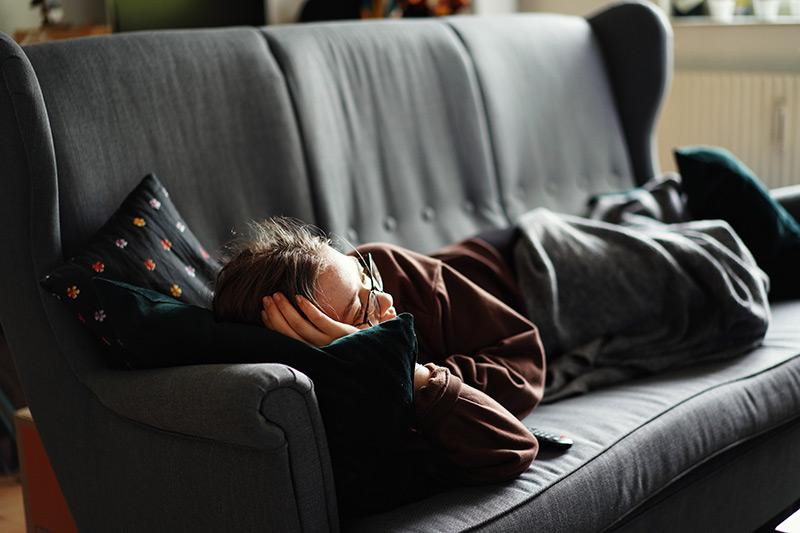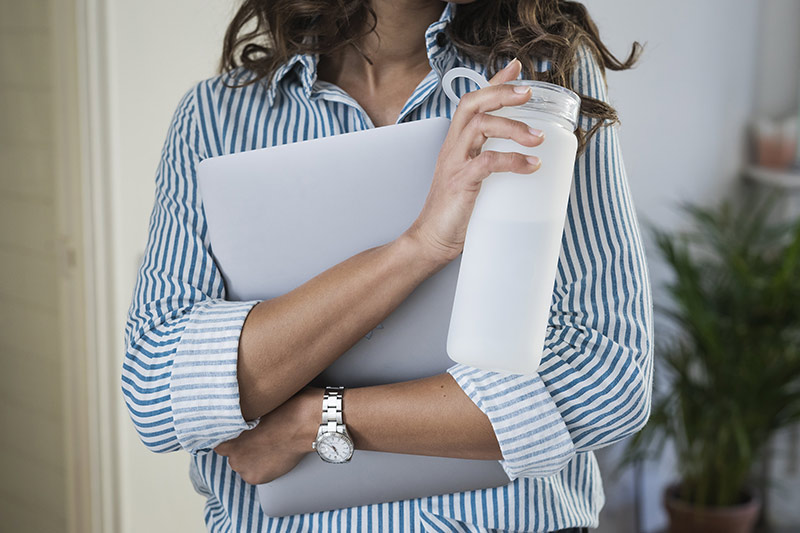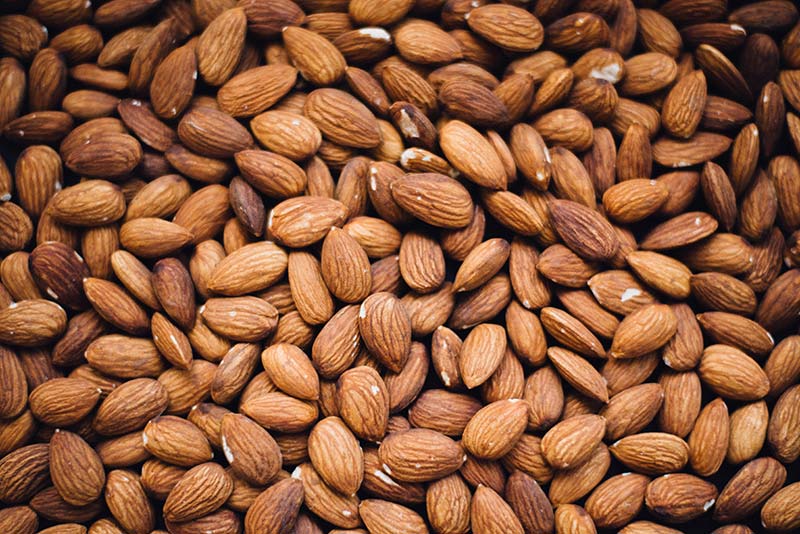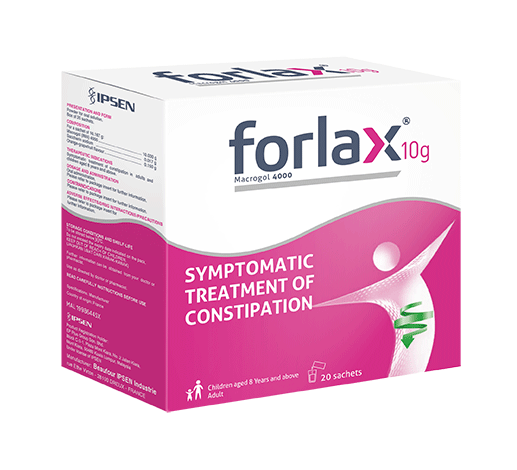
One of the causes of constipation is lack of physical activity (especially in elderly).
The colon can be interrupted by a lack of physical activity, low liquid intake, bad sleep and changes in eating schedules.
This means that being inactive can affect colonic motility, which is the process where the colon contracts successively to move excrement along.
In simple terms, your lifestyle can be a cause for constipation, even if you have no history of experiencing constipation before.
Good news folks

If you believe you may be among the unlucky ones with this condition, try to clock 20 to 60 minutes of aerobic exercise five days a week. This can be a brisk walk or a home workout. Even working out for two days per week can considerably improve your bowel movement.
The next thing to consider is being adequately hydrated. Dryer-than-normal stool moves more slowly through the colon. Water and fruit juice are the perfect substances to help you stay hydrated.

Keep a bottle of water beside you at all times and sip on it on a regular basis throughout the day, even if you are consuming other beverages. Alcohol, however, must NOT be your go to as it has the opposite effect by leaving you dehydrated.

Try to keep to regular sleeping hours. Malaysians are known to be sleep deprived, so why not get a good eight hours of sleep? It is not like you need to commute to work anyway. Good sleep is critical, so you cannot afford to ignore it.

If you feel your new stay-at-home diet is to blame – perhaps you’re preparing a lot of shelf staples like pasta made from processed flour, for example – try to include more fibre into your meal plan.
Fibre-rich foods retain water in your stool, making it softer, bigger, and more capable of passing through your intestines. Fibre also increases bulk to faeces, allowing it to move faster. Oats, lentils, pears, broccoli, strawberries, avocados, apples, raspberries, bananas, quinoa, popcorn, almonds, sweet potatoes, and any type of bean are all good examples. Also try to limit your intake of foods high in fat or starch.
When you’re at home and working, it’s normal to want to munch on something. Snacking can and should be healthy. Instead of fried potato chips or other salted items, satisfy your cravings with raw nuts, particularly almonds.

Adequate fibre intake makes the largest difference for most people who are suffering from constipation, but if your diet cannot accommodate these high fibre foods in sufficient amount, you may want to consider some additional options, such as over-the-counter medicines.
Some over-the-counter medicines aid in bowel movement. It also helps by increasing the amount of water in the stool, to soften it and make it easier to pass.

Forlax 10g helps treat constipation in adults and children aged 8 years and over. With a refreshing orange-grapefruit flavour, Forlax 10g comes as a soluble powder and is recommended to be consumed in doses of one to two sachets per day, preferably taken in the morning. Dissolve in at least 50ml of water and drink. Forlax 10g generally takes effect between 24 and 48 hours after ingestion.
Forlax 10g contains Macrogol 4000 (10.00 g per sachet), Saccharin (E954), orange and grapefruit flavour (containing orange and grapefruit essential oils, concentrated orange juice, citral, acetaldehyde, linalol, ethyl butyrate, alpha terpineol, octanal, beta gamma hexenol, maltodextrin, gum Arabic, sorbitol (E420), butylated hydroxyanisole (E320), sulphur dioxide (E220).
It is sold in packs of 20 sachets. You can get Forlax 10g at all leading pharmacies.
This article is brought to you by EP Plus. For more information, call 03-6205 2728, email gastrocare@epplusgroup.com or visit forlax.com.my
K.K.L.I.U: 2366/2021 MAL19986445X This is a medicine product advertisement. (Valid until 31/12/2023)
